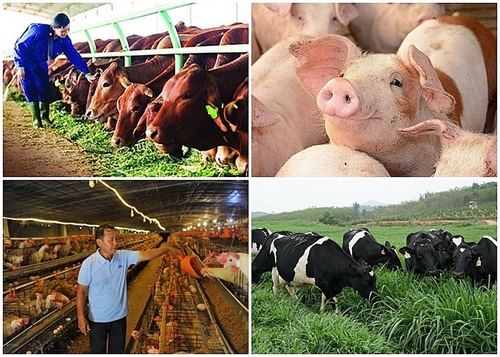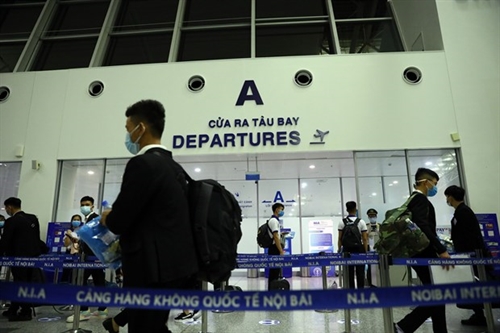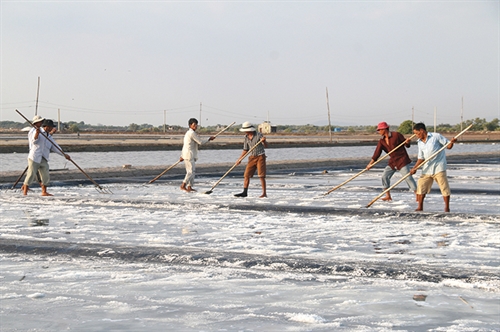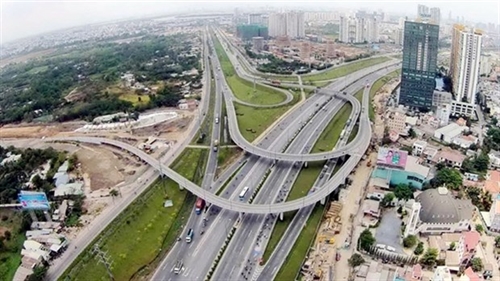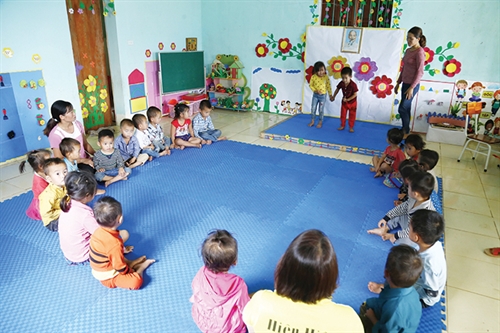By 2030, 85 percent of elderly people and their caretakers nationwide will have access to information on population ageing and the right to receive proper healthcare, according to the elderly healthcare program recently approved by the Prime Minister.
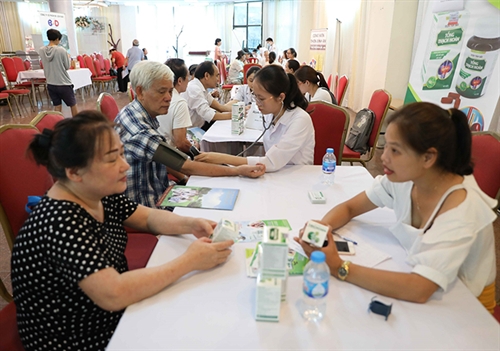 |
| Health checkups for the elderly in Hanoi__Photo: Thanh Tung/VNA |
Under Decision 1579/QD-TTg dated October 13, the program is designed to provide healthcare and improve the health of elderly people aged over 60 years in response to the population aging in the country and successfully implement the National Population Strategy through 2030.
Under the program, in the next five years, at least 70 percent of elderly people across the country will have medical check-ups once a year.
Meanwhile, 95 percent and 100 percent of the elderly will have health records by 2025 and 2030 respectively.
It is also expected that 90 percent of elderly people who have non-communicable diseases will be detected and treated by 2030.
The rate of intergenerational self-help clubs (ISHC) and other kinds of clubs for the elderly providing healthcare services is expected to increase to 80 percent by 2025 and 100 percent by 2030.
To achieve the above goals, the Government requires the strengthening of the leadership of authorities at all levels in caring for the elderly’s health.
Meanwhile, it is tasked to consolidate the health service delivery system, intensify non-communicable disease prevention and control, provision of regular health check-ups and treatment for the elderly, and gradually develop long-term healthcare models for them.
Another task is to improve professional skills for those who take care of the elderly at the National Geriatric Hospital, district-level medical centers, communal-level medical stations, grass-roots staffs and volunteers in charge of population affairs.
In addition, geriatrics is expected to be integrated into training programs for medical universities nationwide.
Worthy of note, the program will be implemented first of all in localities with a high percentage of the elderly, in deep-lying, remote, difficulty-hit, ethnic minority and mountainous areas, and on islands.
Under the Decision, the Prime Minister assigns the Ministry of Health to take the prime responsibility and work with the Ministry of Planning and Investment, Ministry of Finance and relevant agencies to work out plans, arrange human resources and means to implement the program nationwide.- (VLLF)
